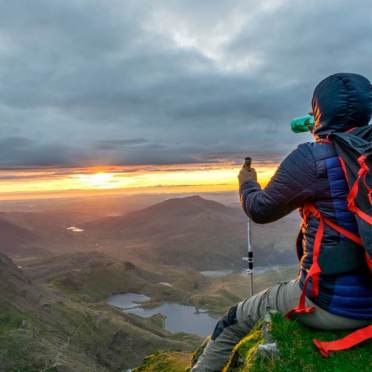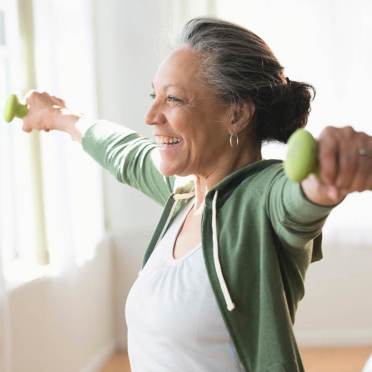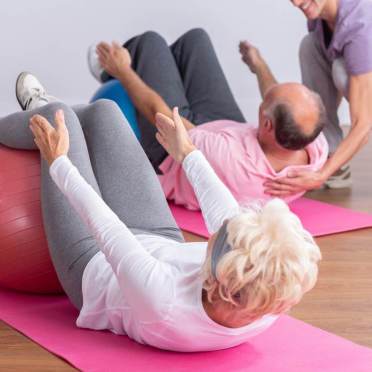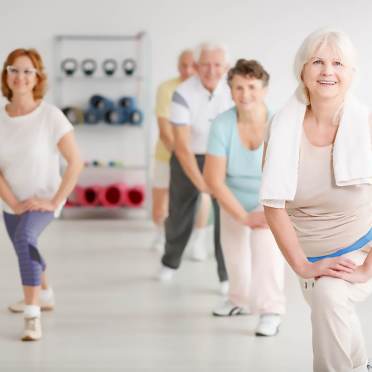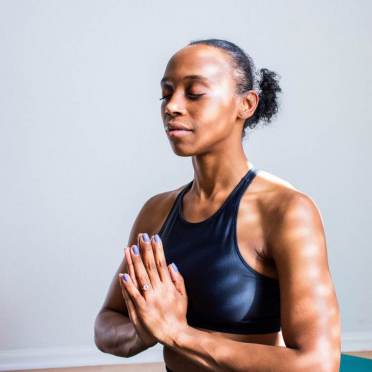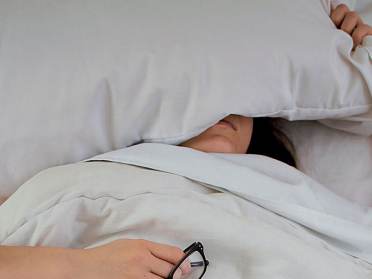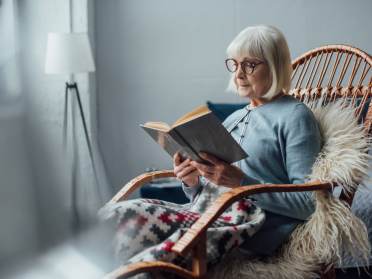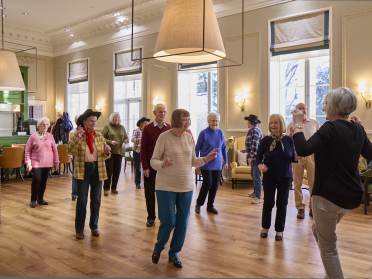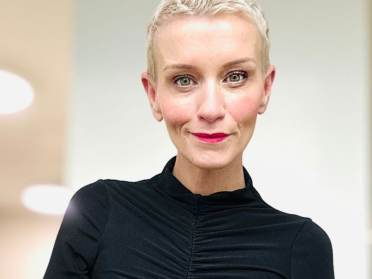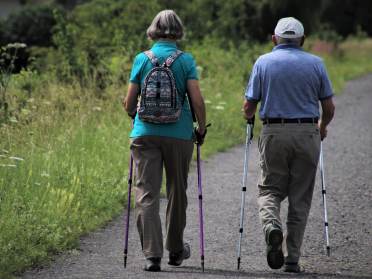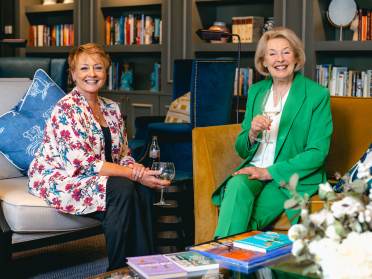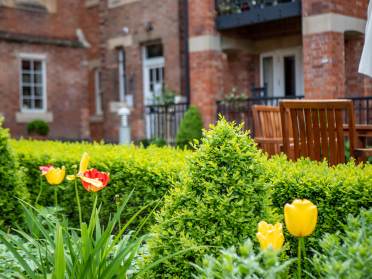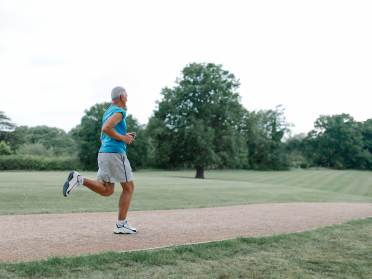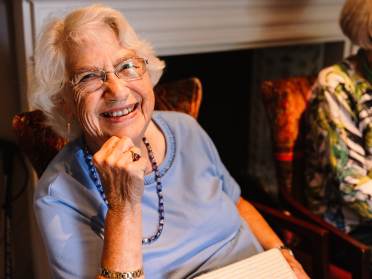Browse more health and fitness stories to encourage you along your fitness journey.
There is no denying that exercising can be daunting; especially for someone who has rarely or never exercised in the past. Coupled with 2 years of isolation at home due to the Covid pandemic and the prospect of getting back in or on the saddle can seem that much more unattainable. There are also the added pressures of family and work commitments. Maybe having the space and resources to exercise comfortably is a struggle. And perhaps most challenging; finding the time and discipline to commit to that hour or two of self-development with so many competing factors on your time.
Why it’s never too late to start exercising
As we age it’s increasingly important that we make the effort to exercise consistently. The Mayo Clinic summarises how the body changes over time;
“with age, bones tend to shrink in size and density, weakening them and making them more susceptible to fracture. You might even become a bit shorter. Muscles generally lose strength, endurance and flexibility — factors that can affect your coordination, stability and balance.”
But there are many benefits to beginning an exercise plan at any age.
Endurance
Endurance training is a highly recommended form of exercise and is the act of exercising to increase endurance. While this typically conjures up images of long-distance runners it can also include less high impact actions like bike riding, speed walking and swimming. The term 'endurance training' generally refers to training the aerobic system as opposed to the anaerobic system. Endurance training is thought to improve mental fortitude and confidence and is something that is highly recommended as we age. It also provides a great framework in order to continually push ourselves both physically and mentally.
Strength
Strength training is also incredibly important as we age for several reasons. Strength training not only increases bone density and reduces osteoporosis according to the Mayo Clinic, but it also assists with weight management, muscle building and can reduce the signs and symptoms of chronic conditions such as arthritis, back pain, obesity, heart disease, depression and diabetes. Resistance training doesn’t have to include lifting large weights better seen in bodybuilding competitions; it can include smaller, more manageable weight sessions with small dumbbells and resistance bands aimed to gradually increase ability.
Flexibility
Flexibility training is less well known but another very important form of training. Often overlooked as we age, flexibility training results in fewer injuries. It can help lessen pain due to the lengthening of muscles. And it can improve posture and balance. Flexibility is unfortunately one of those attributes we often don’t notice diminishing until it’s too late. Sitting cross-legged on the floor is something we all remember doing as children but as we become adults the ability to sit in that position can appear as if it vanished overnight. Working on regular flexibility stretches can really improve quality of life, not to mention provide encouragement as everyday tasks become that bit easier over time.
Balance
Balance training is another form of exercise not widely heard of but is perhaps the most crucial form of exercise as we age. By regularly practising balance exercises, one is able to better control and stabilize the body’s position. This reduces falls and overall accidents. Balance is the cornerstone of our existence and controls how successfully we function on a day to day basis. Simple daily tests like standing on one leg while brushing your teeth can be a great test of current balance and what might require some love and attention.
Mindfulness
Finally, but by no means of lesser importance, is Mindfulness training which allows us to be fully present and aware in a mental state. While mental health is only coming to the forefront of medicine today, its importance on the overall balance and wellbeing of our entire bodies has never been disputed. By focussing on mental presentness as well as our ability to critically interrogate surroundings, we can help to create clarity and peace in our day to day dealings.
Getting support for your training programme
While it may be daunting to think about starting an exercise regime after everything that has happened over the past few years, the time really is now. With so many different types of exercise training available it’s a good idea to consult a professional. At the Audley Club, our Club Managers are all highly qualified Personal Trainers, able to expertly create an exercise programme geared to your requirements. We offer a complimentary health assessment at our clubs in order to give you a clear and concise understanding of how we work and what can be achieved through your tailored exercise programme.

